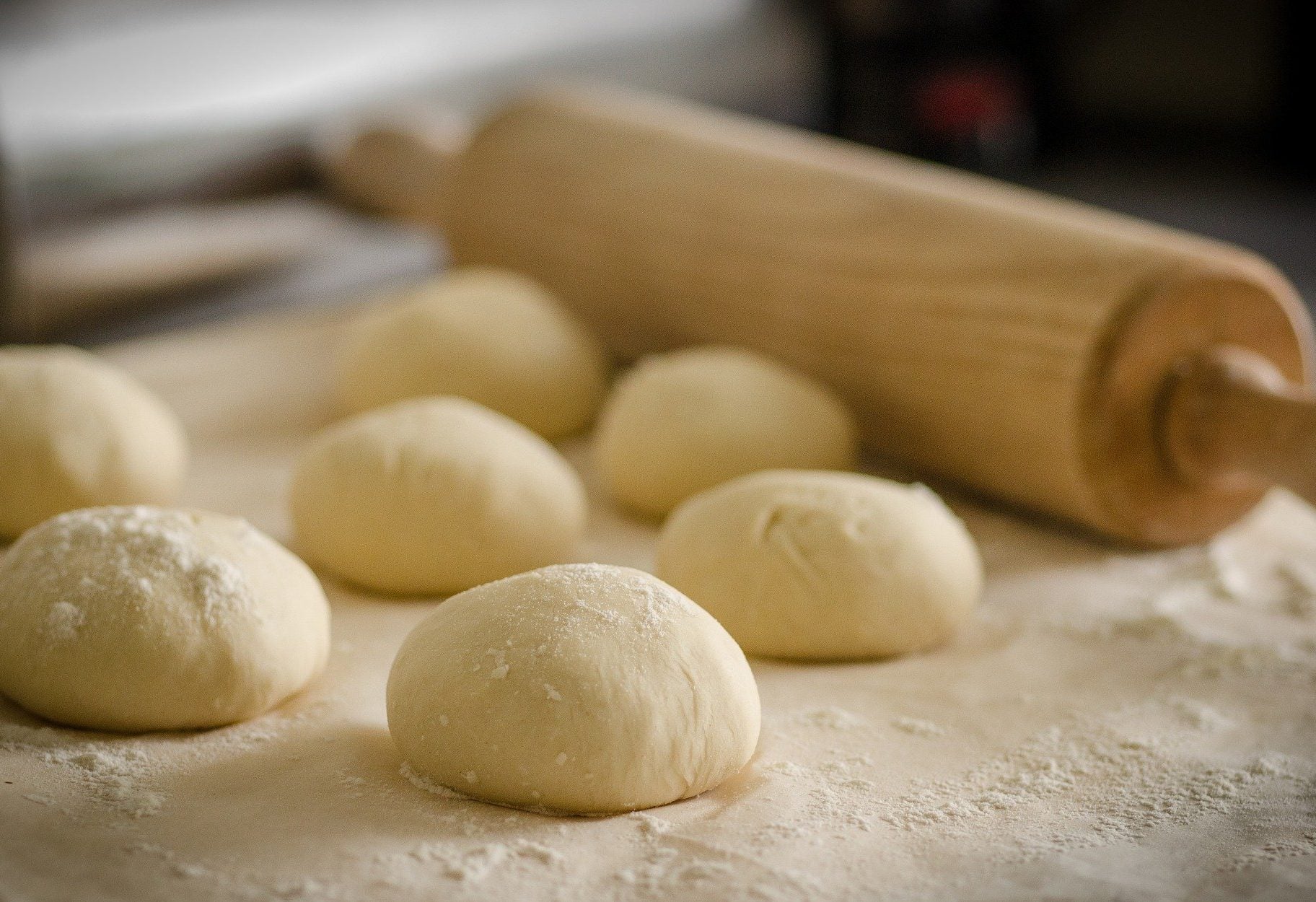
Cérélia plans to contest a ruling by the UK’s competition body that the France-based bakery firm sells part of dough business Jus-Rol.
In what has turned out to be a complex transaction since Cérélia first submitted a proposal in November 2021 to acquire Jus-Rol’s European business from US-based General Mills, the Competition and Markets Authority (CMA) has instructed the French firm to dispose of the UK operation.

Discover B2B Marketing That Performs
Combine business intelligence and editorial excellence to reach engaged professionals across 36 leading media platforms.
Cérélia’s bid, and consequent purchase of Jus-Rol, included assets in the UK, Germany and Ireland. However, the CMA blocked the UK part of the deal last year and today (20 January) has submitted its final conclusion after making an initial proposal in November for the Jus-Rol UK business to be divested.
“Following an in-depth review, the CMA has found Cérélia’s purchase of Jus-Rol could leave UK retailers and shoppers facing higher prices and lower quality products,” the competition regulator headed up its statement.
“The CMA has concluded the only way to preserve the degree of competition and choice for consumers is for the Jus-Rol business to be sold to an independent buyer, to be approved by the CMA.”
Cérélia operates in the UK through its subsidiary BakeAway. In a counter-statement, the French firm said the CMA outcome was “relying on flawed conclusions that the acquisition would result in higher prices and reduced choice for both retailers and consumers”.

US Tariffs are shifting - will you react or anticipate?
Don’t let policy changes catch you off guard. Stay proactive with real-time data and expert analysis.
By GlobalDataThe company added following the UK regulator’s opinion-sourcing process: “It is clear that the CMA’s final report suggests that the outcome is largely based on uncorroborated and unreliable concerns raised by a very small number of supermarkets. Their opinions were not echoed by the vast majority of other retailers, who did not raise any concerns.
For its part, the CMA outlined the parameters behind its final conclusion revolving around the ready-to-bake UK market, noting Jus-Rol is the largest branded supplier of such items, while Cérélia leads in the private-label segment. Together, they account for almost two-thirds of ready-to-bake products sold to UK food retailers, it said.
Margot Daly, the chair of the independent panel of experts for the CMA’s so-called Phase 2 investigation, said: “As living costs continue to rise, it’s our responsibility to make sure that competition can play its part in delivering the best possible deals for customers.
“Cérélia and Jus-Rol are the biggest players in this market by far and losing the competition that takes place between them could result in customers facing higher prices and worse quality products. Today’s decision will ensure that doesn’t happen.”
Such an outcome was contested by Cérélia, which said its aim with Jus-Rol was to provide “retailers and consumers [with] more options at competitive prices”. To that end, the French company has invested a “significant” amount in the Jus-Rol factory in Corby, in the East Midlands county of Northhamptonshire.
The company criticised the CMA for a “persistent lack of understanding of the structure and competitive dynamics of the industry in which Cérélia operates”.
President Guillaume Reveilhac added: “We are deeply disappointed by today’s fundamentally flawed decision. Rather than protecting the interests of UK consumers and the UK economy in these difficult times, the CMA decision blocks much-needed investment into new and exciting affordable products in the UK home-baking segment. The decision cannot be rationalised.”




